Can chickens eat lettuce? Yes, they can. This vegetable is an important source of nutrients for chickens. Chickens are scavengers and natural thrash eaters. This means they tend to fend for themselves when neglected. It is however wrong to leave your chickens without caring about their welfare. Check out our complete guide on raising backyard chickens to expand your knowledge.

Some foods are not good for chickens and should not be kept or disposed of within their reach. These kinds of foods can harm them. It is important to be careful of what your chickens eat. If you want to know what they can eat and what they shouldn’t check out the table below.
Lettuce contains lots of nutrients. Below is a table of nutrition for lettuce.
Nutritional Table For Lettuce
Serving – 1 cup of lettuce
Calories – 8
| NUTRIENTS | AMOUNT |
| Protein | 0.5 g |
| Magnesium | 7 mg |
| Vitamin A | 20 mg |
| Iron | 0.5 mg |
| Vitamin C | 1.88 mg |
| Potassium | 115.9 mg |
| Calcium | 15.5 mg |
Interesting Facts About Lettuce
- Lettuce should not be stored near bananas. Bananas emit a compound known as ethylene that causes lettuce to ripen fast.
- Lettuce is the second most popular vegetable in The United States Of America. An average American consumes 30lbs of lettuce in a year.
- California is responsible for the cultivation of 70% of Lettuce grown in The United States Of America. 75% of those lettuces are iceberg lettuces.
- Lettuce is about 95% water. This means it cannot be frozen or canned and can only be eaten fresh.
- In 1494, Christopher Columbus introduced lettuce to America during his second voyage.
- Lettuce with dark green leaves is more nutritious than those with light green leaves.
Can Chickens Eat Lettuce?
Yes. Chickens Can Eat Lettuce. Lettuce is a vegetable and vegetables are an important part of a chicken’s diet. It is advisable to feed your chickens with lettuce but only in moderation. Controling the amount of feed by using your chicken feeder properly will help.
What You Should Know About Lettuce
There are different varieties of lettuce available globally. Chickens can feed on some species but not all. Generally, Romaine lettuce and dark green lettuce are usually the best options for chickens. They provide more nutrients than some other varieties. Romaine lettuce is the most nutritious type of lettuce.
It is best to avoid iceberg lettuce if you’re going to feed your chickens lettuce. This is because iceberg lettuce contains a high amount of water. Feeding your chickens this type of lettuce can cause digestive problems, for example, stomach upset. Importantly, lettuce should also be fed to chickens in moderation. Too much lettuce can lead to diarrhea, which can cause your chickens to lose weight, and in turn, lead to a low life span.
Benefits Of Lettuce To Chickens
Lettuce Contains Protein
Protein is required for improving chickens’ growth rate, production of eggs, protection of their immune system, and general adaptation to the environment. Also, some major bodily functions of chickens are associated with certain amino acids. For example, Lysine plays a crucial part in enhancing the body characteristic of chickens by aiding the appearance of fibers that hold little quantities of fat.
When the normal amount of protein is present in the diet of chickens, the carcass quality and feed efficiency improve. Protein also helps in the growth, synthesis, and renewal of poultry body tissue. It is very important for developing their guts from the early stages, aiding the physiology of their digestive process, and increasing their natural immunity.
Lettuce Contains Calcium
The presence of calcium in chickens helps avoid shell quality problems. Chickens do not only need calcium in their diet for strong bones, they also need calcium to produce hard and quality eggshells.
Calcium is equally vital for growing their bodies. Without Proper calcium in their diet, chickens suffer from an illness known as osteoporosis, a condition in which their bones become very brittle and weak. Lack of calcium in their diet causes injury. Lettuce is a good source of calcium for chickens, adding this vegetable to their diet can make up for calcium supplements.
Lettuce Contains Magnesium
Magnesium has a lot of functions in chickens. It is important for cellular metabolism and very vital for bone development. This nutrient is very important for chickens and should not be overlooked. Magnesium affects shell weight, egg size, yolk quantity, and electrolyte balance.
A deficiency of magnesium causes a blockage of the inflow and distribution of air in the chickens’ bodies. But when enough magnesium is present, there is the acceleration of egg production, improvement in egg weight and shell quality, enhancement of yolk quantities, and improvement in weight. These factors are very important especially if chickens are reared for commercial purposes.
It Is An important Source Of Iron
Iron is an important trace element for chickens. It is very vital for their health and growth. Enough iron in a chicken’s diet enables the effectiveness of its transport system. It aids their blood functions, gives them strength and muscle support, prevents lethargy and anemic conditions. Iron is a very important part of your chickens’ diet.
It Gives Your Chickens Potassium
Potassium is responsive to regulating fluid balance. It helps to stabilize the contraction of muscles and steady nerve signals. A normal supply of potassium to chickens’ bodies will help regulate water retention, waste removal and protect against digestive problems and other intestinal disorders. Chickens need potassium to survive.
Very Important Source Of Vitamin A.
This nutrient is a very important requirement for normal growth, maintenance of digestive organs, reproductive organs, respiratory organs, and reproduction. This is very important especially if poultry birds are kept for commercial purposes. Deficiency of Vitamin A can cause their eyelids to stick together and form a puss, or even leave them in comatose situations. Vitamin A is an essential nutrient for poultry birds.
In Summary
Chickens can eat Lettuce but only moderately. Lettuce is high in water content and too much of it may lead to diarrhea which might eventually lead to weight loss and even death. This can be fatal for chicken owners especially if chickens are reared for commercial purposes. Lettuce is good for chickens but not every time.

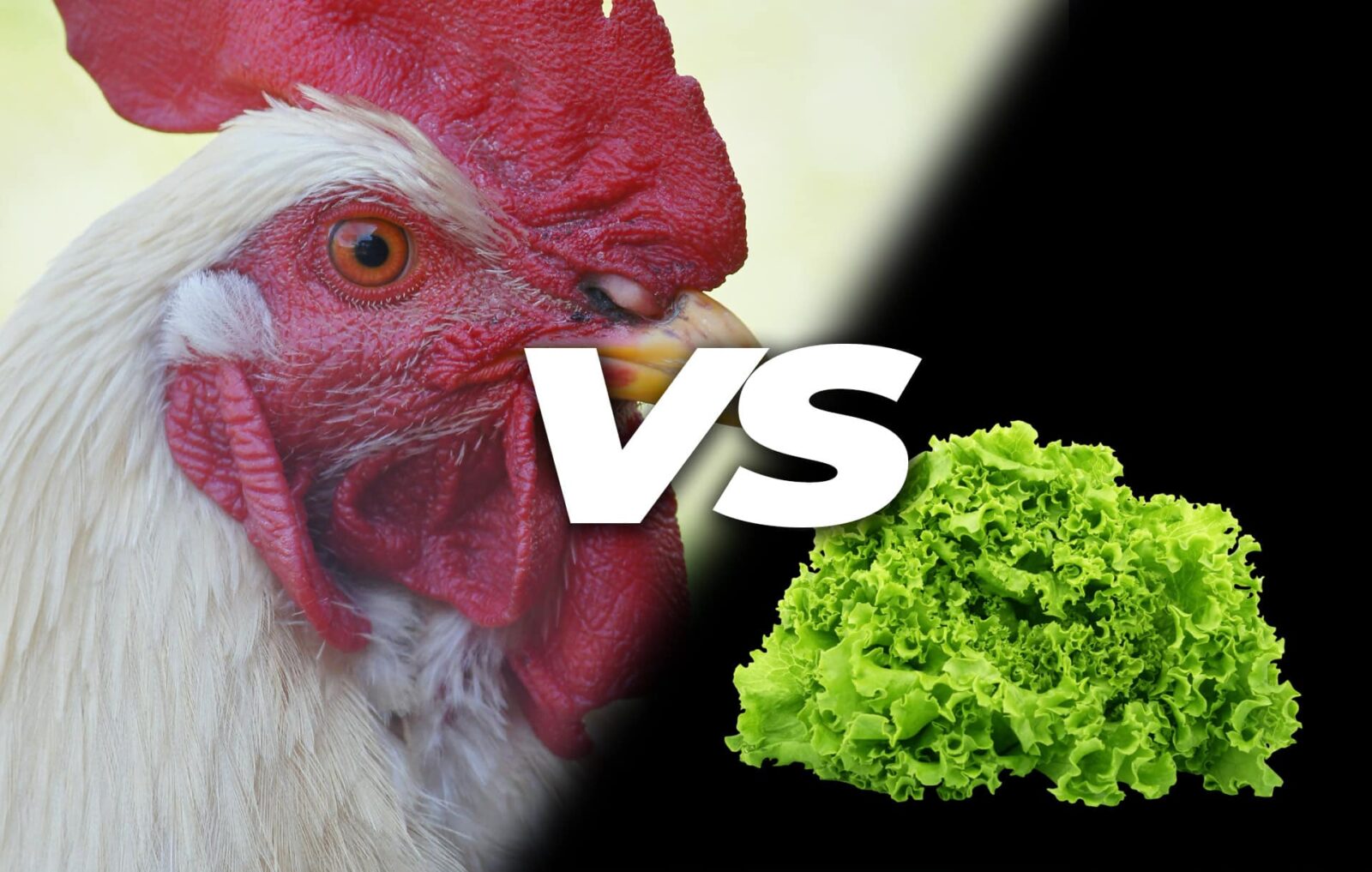
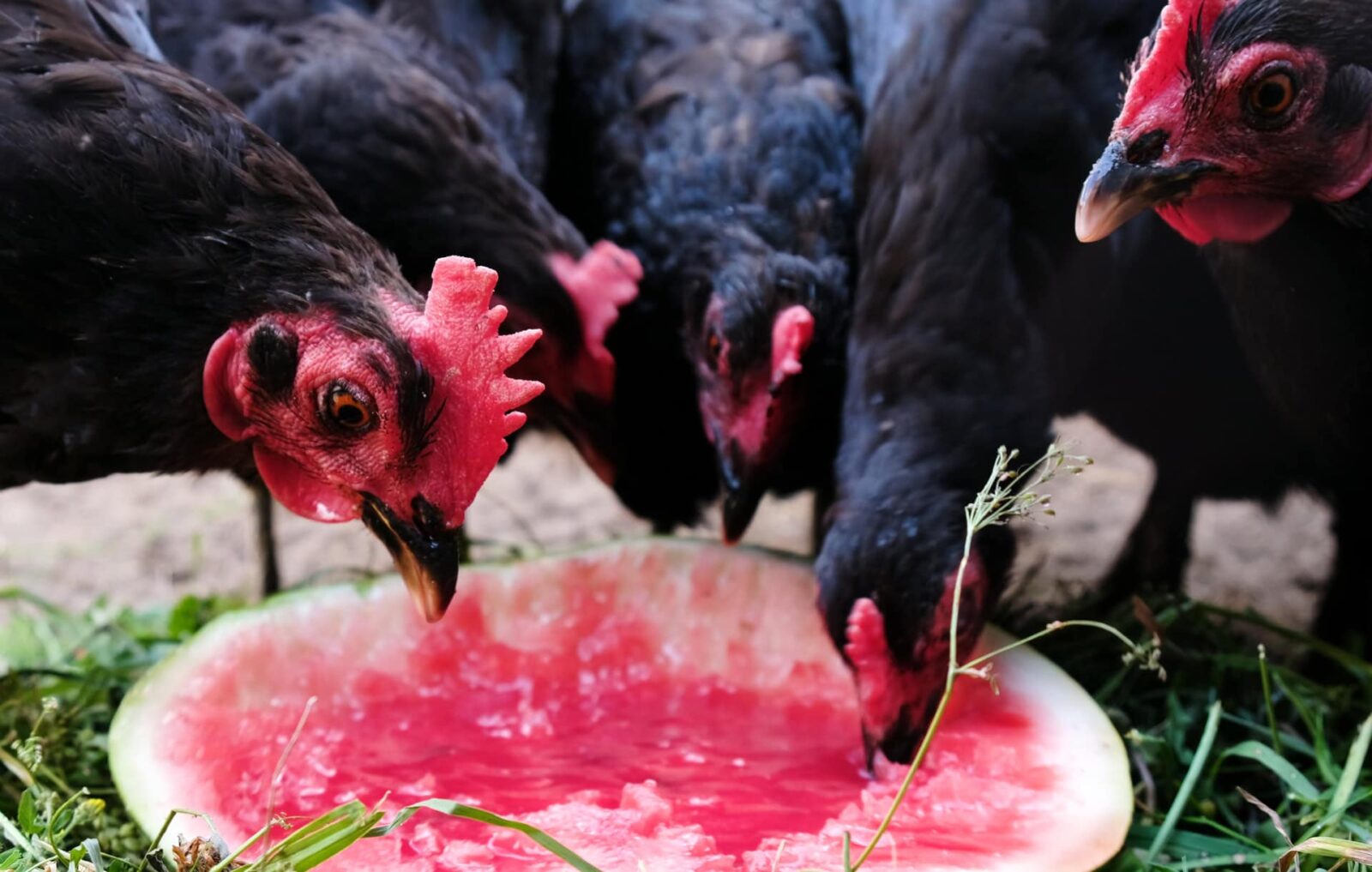


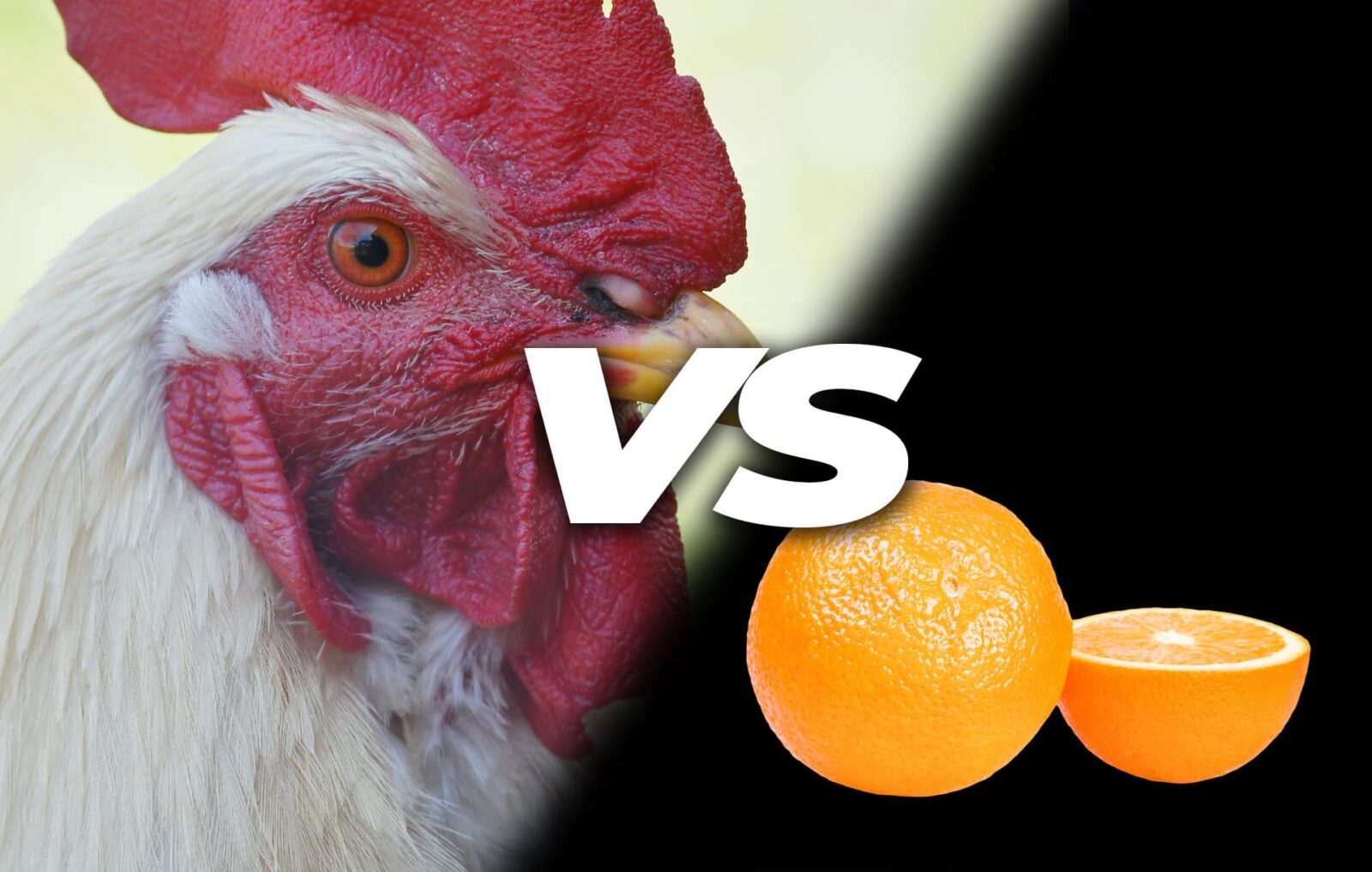
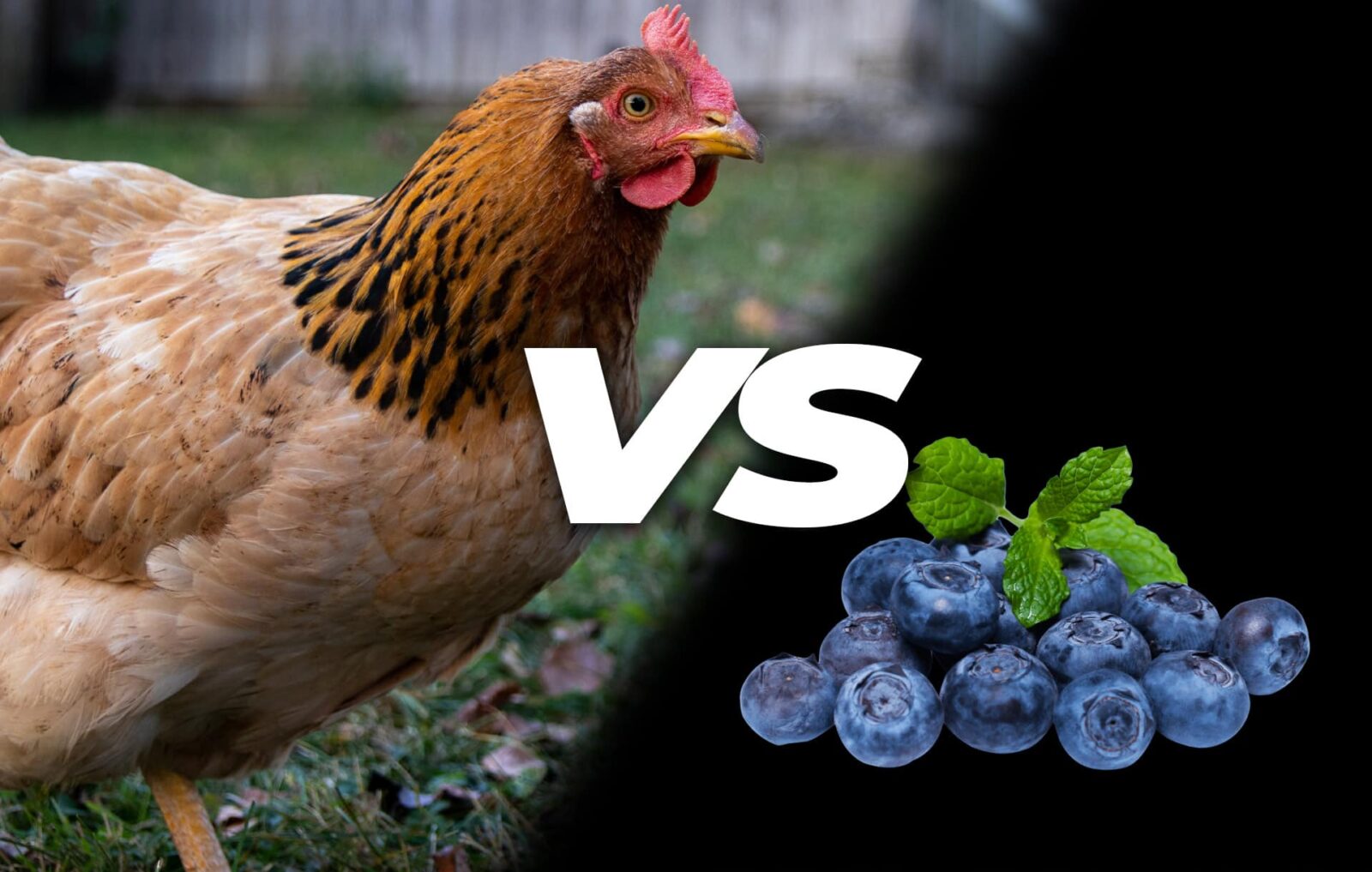

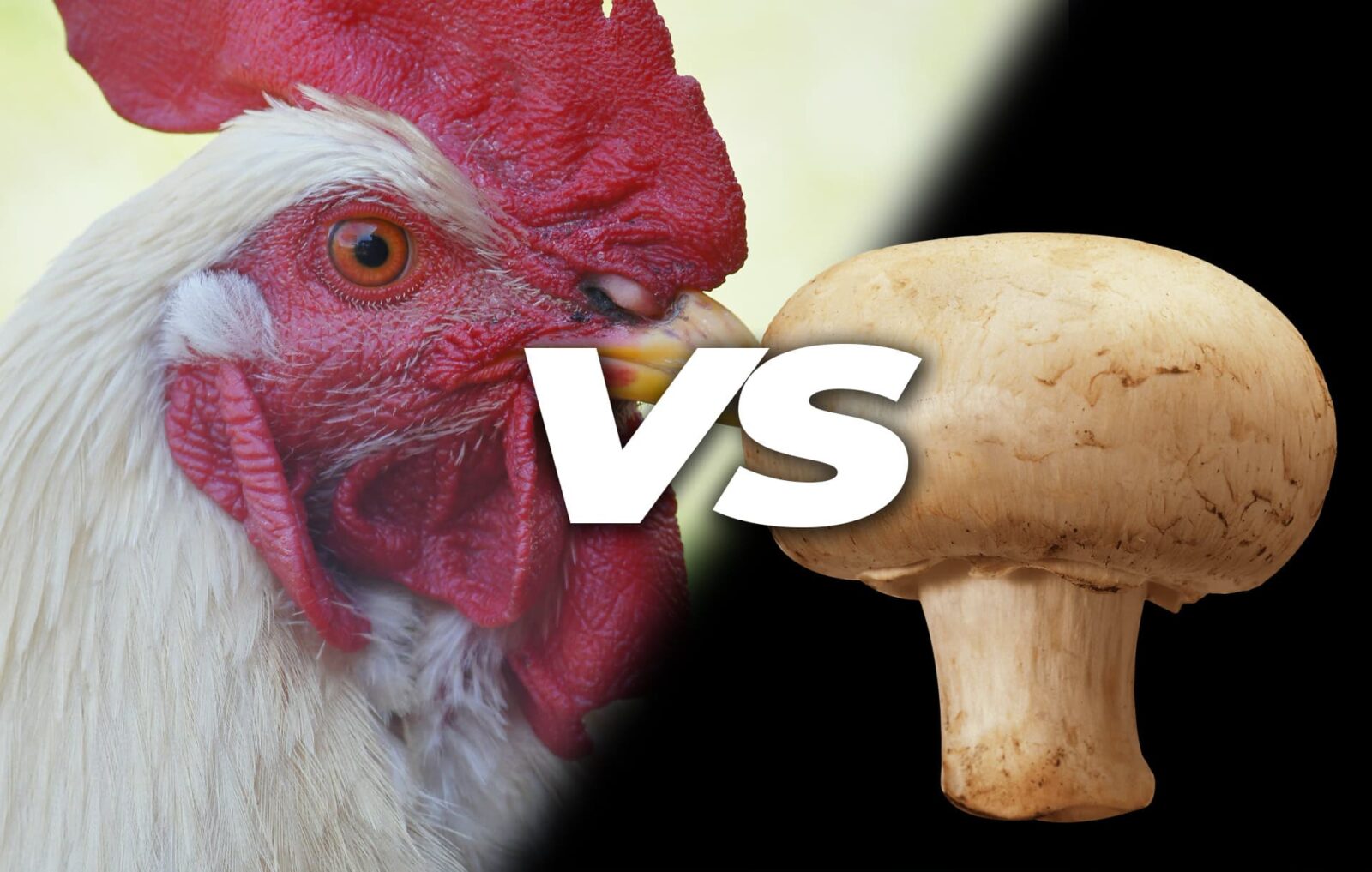
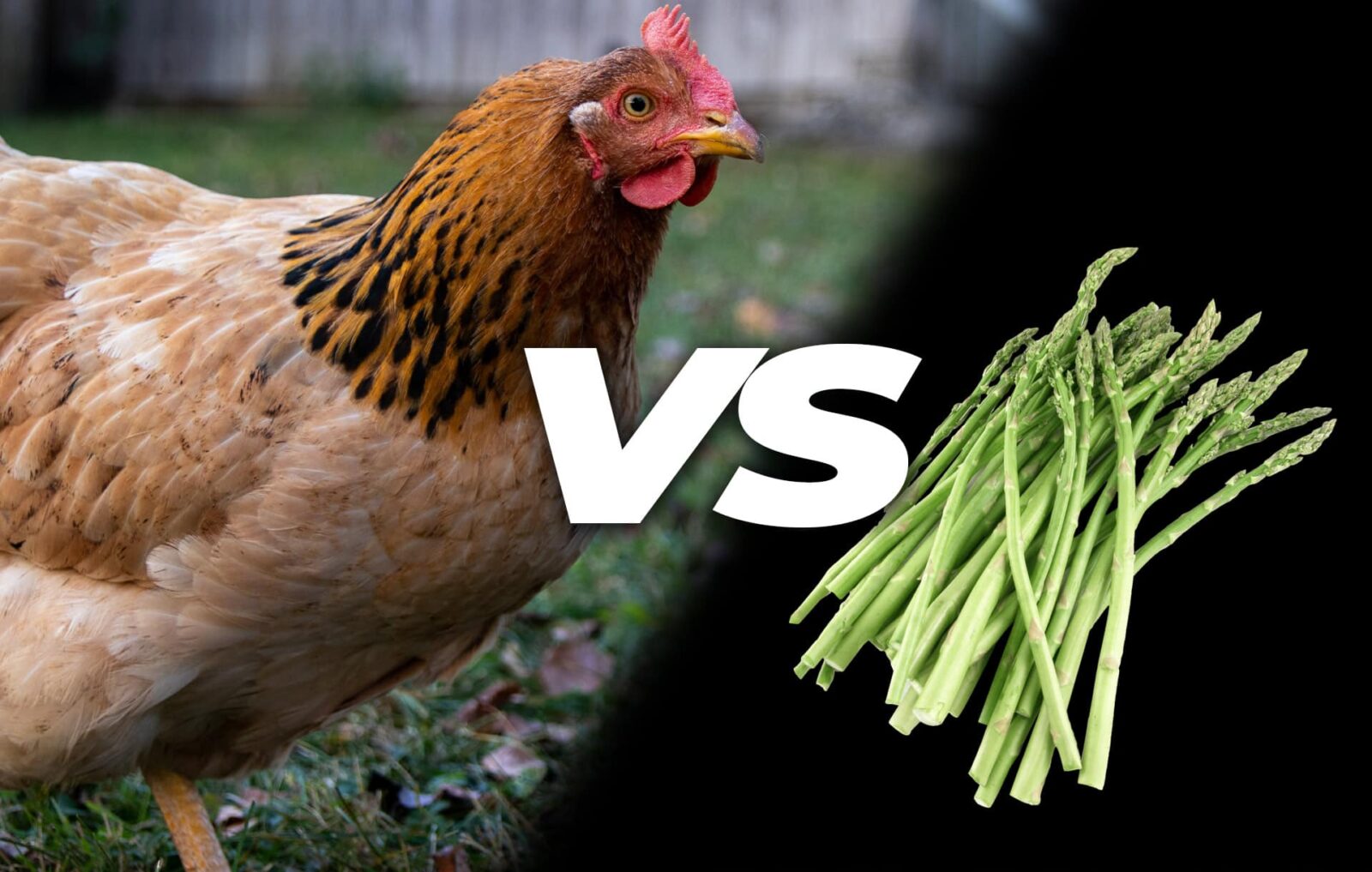
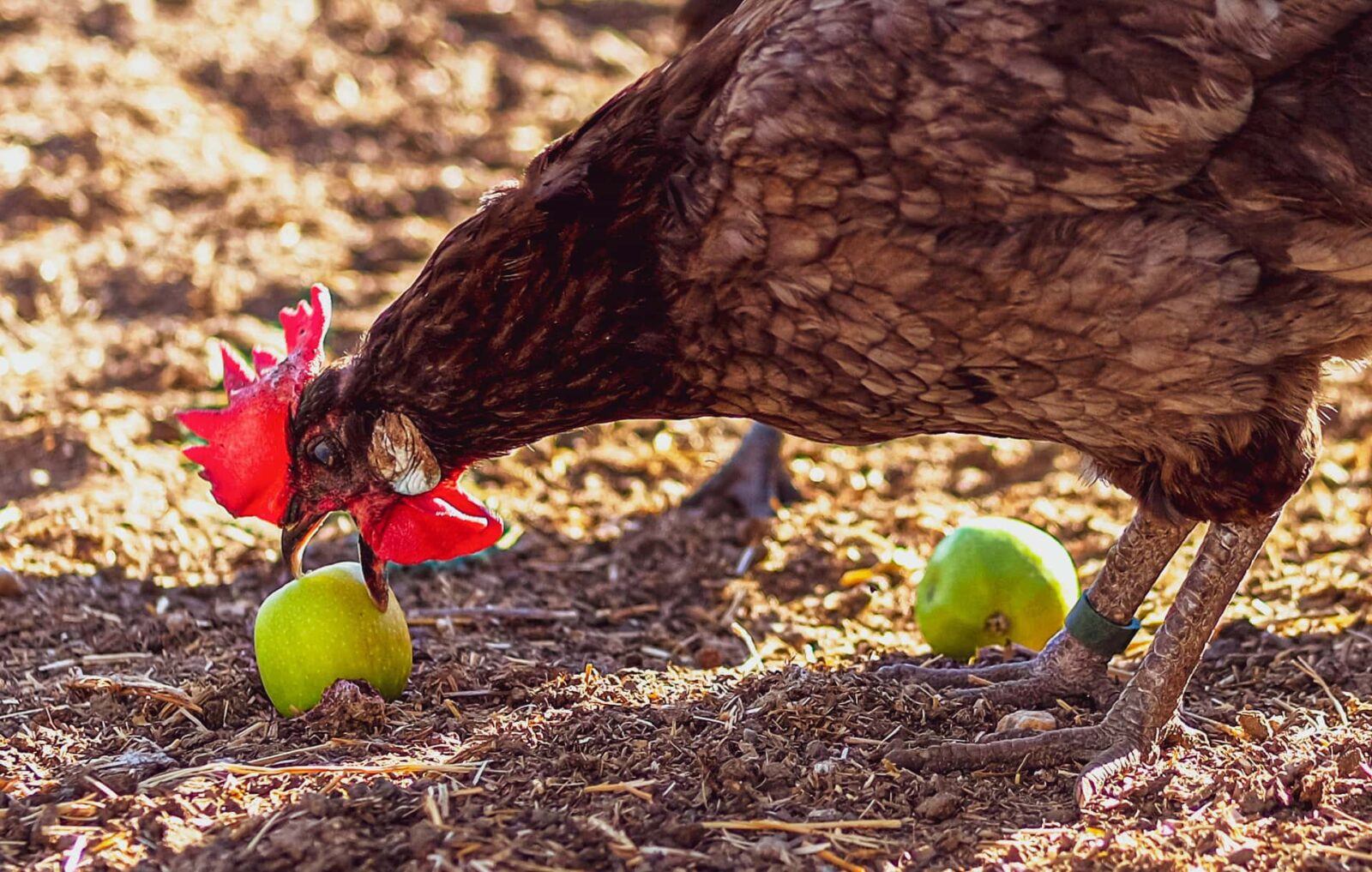
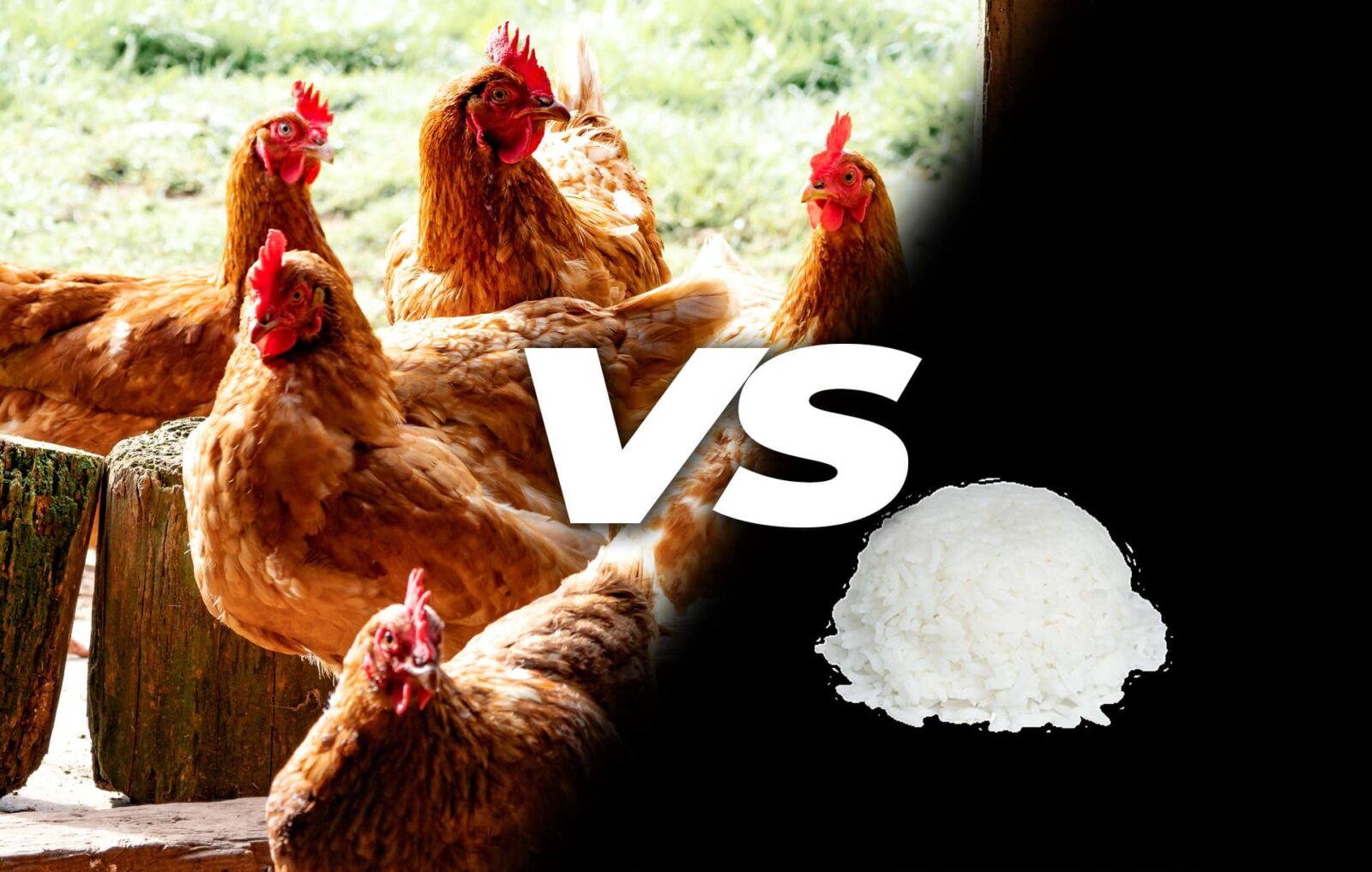

Leave a Reply